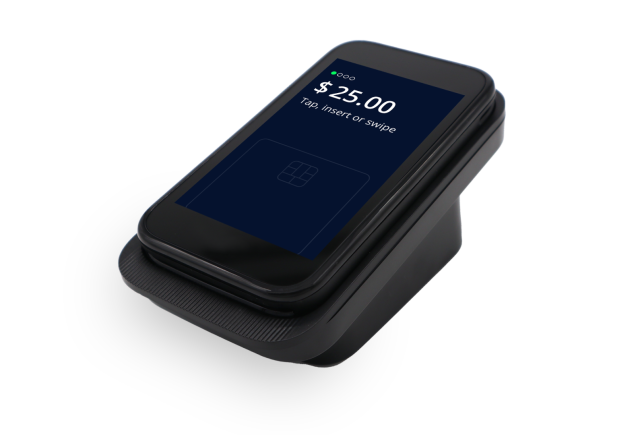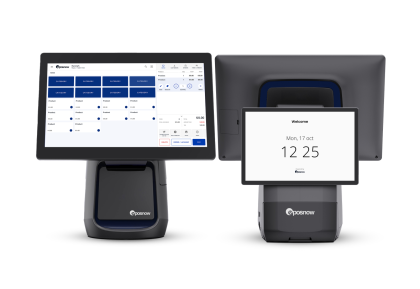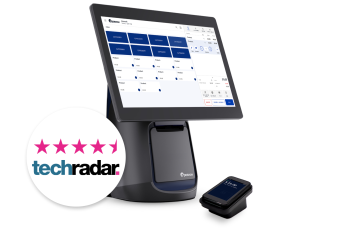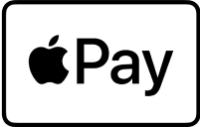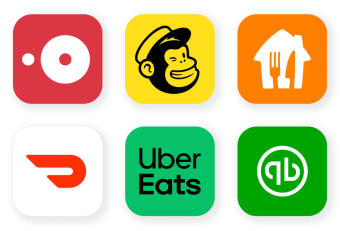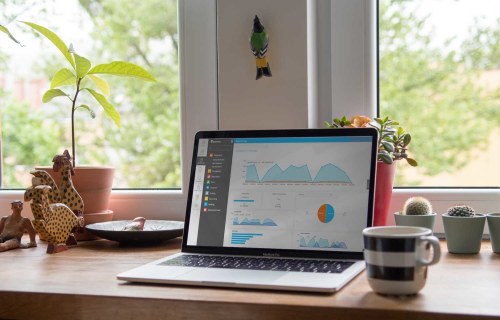A POS system ready to trade smoothly
POS hardware
Our mission is to provide all of our customers with refined POS that meets the needs of retail and hospitality businesses. We've refined our hardware options to do exactly that.
-
Get access to groundbreaking POS devices like the Duo Countertop and Air card reader, or our mobile POS system, the Pro+.
-
Build a system that suites you with intuitive, easy-to-setup hardware
-
Add exceptional POS accessories such as receipt printer options, barcode scanners, and more to your system!

Customer support
As a customer-first business, we maintain an expert support team to assist you with whatever issue you may have.
-
Our team is based entirely in-house so you never have to speak to a middleman
-
Get connected to a team member any time between 9am-6pm GMT or via our livechat
-
Enjoy 24/7 support with our premium support package
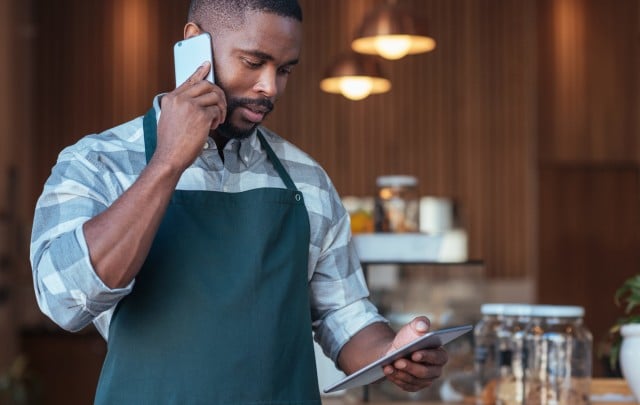
POS software
At Epos Now, we've designed our software packages to meet modern businesses' complex needs while keeping our processes user-friendly and easy to learn.
By using our POS software to automate admin tasks like inventory management, you and your team can save an average of 10 hours a month!
Our range of software features and integrations centralizes your day-to-day tasks in one system, allowing you to concentrate on building a better business.
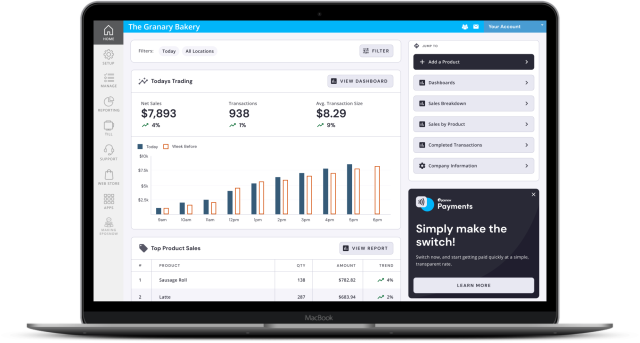
Integrated payments
Our payment solutions make it easy to accept payments and process payments, anywhere at any time.
With one fixed rate, you can accept all major payment methods, from contactless credit and debit cards and pay by link to Apple Pay and Google Wallet, without worrying about hidden fees.
Plus, with seamless integration with your POS system, you can manage your business from a single portal.
